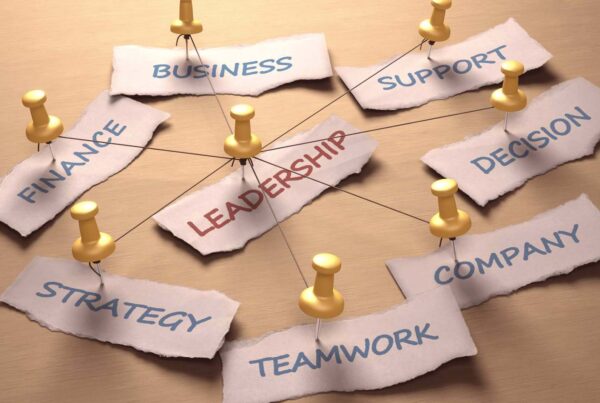The key to any successful conversation is the reciprocal exchange between speaking and listening. Each of these two elements influences each other throughout a discussion, allowing us to connect with our audience and maintain that connection throughout the entire encounter. Nevertheless, many leaders forget about listening and focus too much on speaking.
Unfortunately, this will lead to a breakdown in communication where employees will eventually stop listening. In this article, we’ll be exploring some of the common reasons why people fail to tune in. This information will help you, as a leader, identify these obstacles and create a listening environment in your organization that will promote better communications, overall.
Recommended: The Key Ingredient of an Effective Communication
External Disruptions
Widespread external disruption to listening is hearing. Sound plays a crucial role in a person’s ability to listen. It can include things such as background noises like AC humming, continually ringing phones, traffic noises, jackhammers, music, and so on. It’s also essential to take into account a person’s voice and tone. These will influence the listener’s feelings as well as their ability to listen to what’s being said. While some voices can be soothing, others may be harsh or condescending.
Other external factors can include things such as odd or strong smells, the comfort of the chairs they sit on, as well as what people see around them. Even the inflection on the speaker’s voice will impact the listener’s attention.
Even the inflection on the speaker’s voice will impact the listener’s attention.
Physical Obstacles
The most common of these have to do with the body’s physical needs. If the audience is hungry, tired, in need to go to the bathroom, etc., it will impair their ability to listen effectively. You should also take into consideration other such possible scenarios like people being in physical discomfort or pain, or if they are feeling ill.
Internal Issues
These refer to what’s going on in the listener’s mind. Thoughts, feelings, emotions, and memories can enhance or impair a person’s attention. Being sad or upset, or adversely overly excited and happy will cause many to not listen to what’s being said. Some of these issues will be invisible to others as well as to the ones experiencing them.
Somewhat similar are the internal judgments we have about ourselves and others. These too will impact our ability to listen. People who second-guess themselves or think that others are better than they are will be less inclined to listen effectively. Different opinions will emerge depending on what topics the speaker is touching on. Things such as politics or religion can present obstacles in listening.
Relationships
Last but not least, are the relationships we have with people and how these influence our listening capacity. In a business environment, for instance, the hierarchy plays a crucial role, not just in the daily operations, but also in how it influences open and effective communication. Of course, this doesn’t mean that you should dismantle your power structure. Instead, you should be aware of this issue and the impact it can have.
By paying attention to these obstacles and issues within your organization, you can prevent them from negatively affecting the effectiveness of your communications. In the end, it’s up to the leader to streamline this process and nurture an environment where the reciprocal exchange between speaking and listening is encouraged, and where all employees are encouraged to speak their mind. Encourage your leadership team to pay attention to these obstacles as well. Call me for some complimentary advice. Book an appointment at https://go.oncehub.com/GregNichvalodoff or call me at +1 (604) 943-0800.









